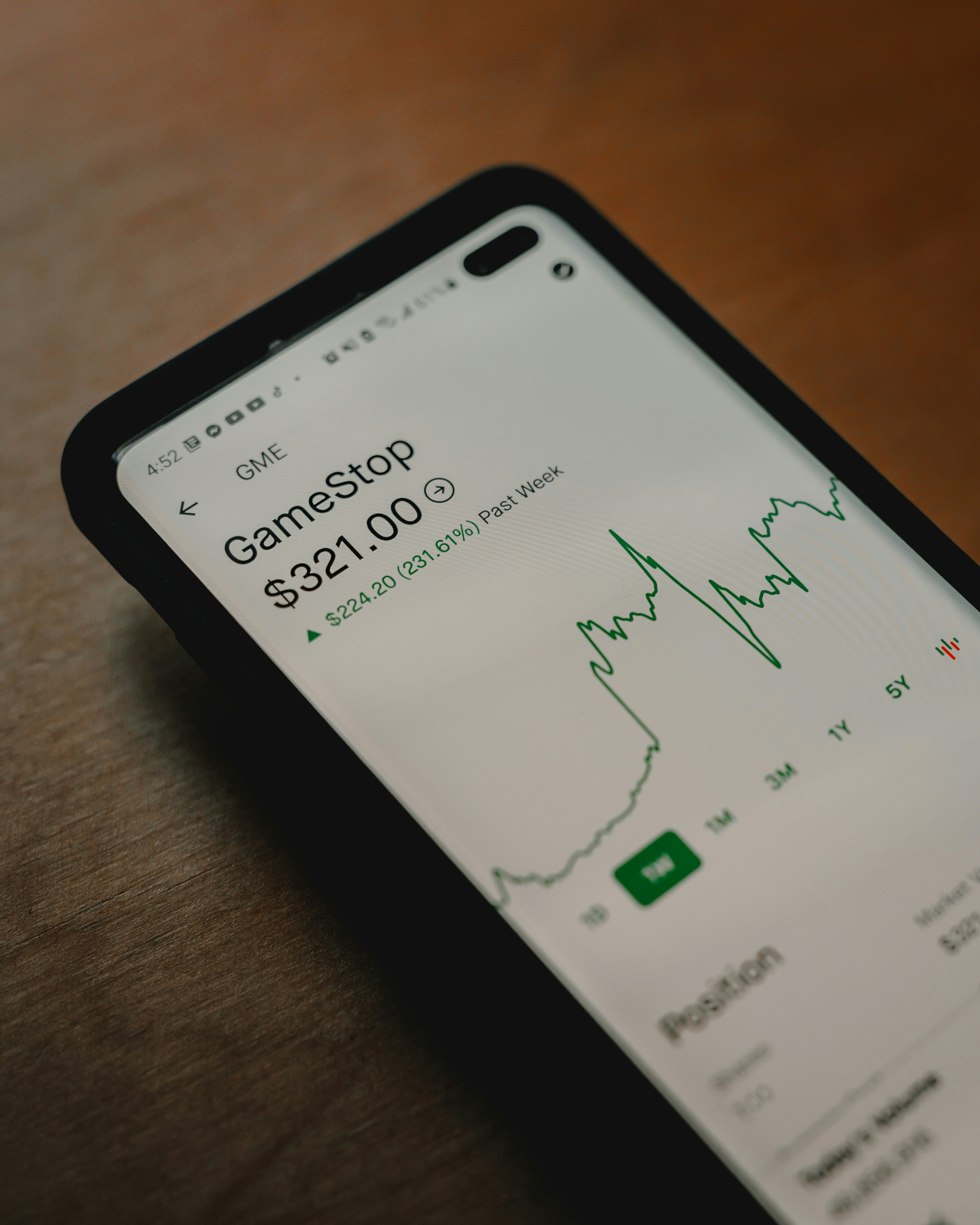
What is a Reverse Split?
A reverse split is a corporate action that consolidates the number of existing shares into fewer ones, thereby increasing the share price proportionately. For instance, a 1-for-10 reverse split means that shareholders will exchange 10 shares for 1 share. This action is often taken by companies to meet minimum share price requirements or to enhance the perception of a company’s valuation.
The Situation with GME
GameStop (GME), a stock that has garnered significant attention, especially during the market volatility of 2021, is considering a reverse split to bolster its stock price. Such a decision could affect both the overall amount of shares available in the market and how investors perceive the company’s future prospects.
Potential Impacts on Investors
The GME reverse split could lead to varying consequences for shareholders. While reverse splits do not inherently change the value of an investment, they send a signal about a company’s health. Investors should carefully evaluate their strategies in light of this potential change. Additionally, the reverse split could impact trading volumes and share liquidity as the market adjusts to the new share pricing.
Ultimately, staying informed and considering the broader market context is essential for understanding how a GME reverse split could affect your investment portfolio. Monitoring developments and analysis from financial experts can provide valuable insights during this period.
